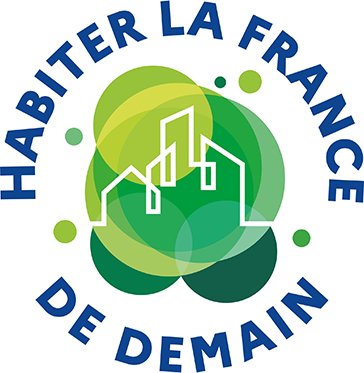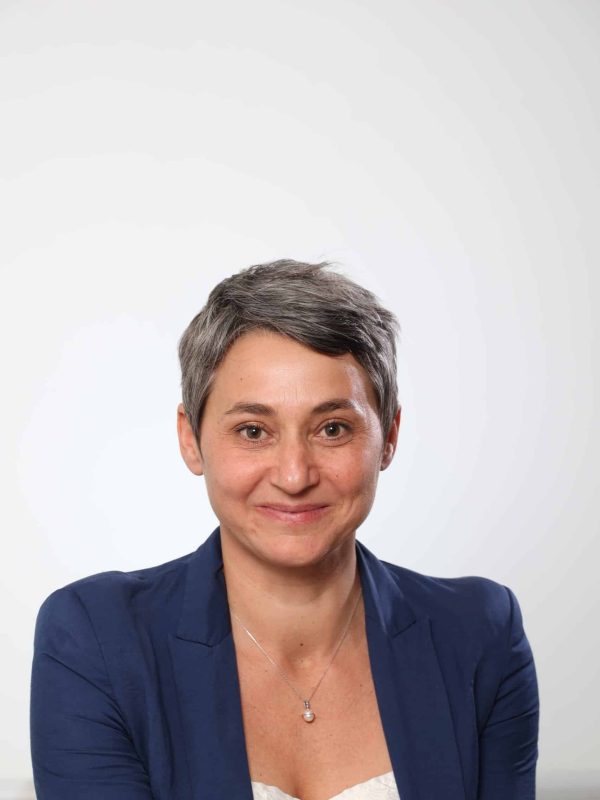Kaminoa project, 5 housing units under a real solidarity lease (RSL)
A project proposed by French Ministry of Ecological Transition

Contributor
Sophie.robin@developpement-durable.gouv.fr
Description
Initially, the first project of 5 housings had been intended on a former farm following its acquisition in 2011. However, the project was abandoned due to the deficit of the operation (land cost and the cost of the rehabilitation of the building).
Following the approval of the Aquitaine land cooperative as a Solidarity Land Organisation (SLO), of which the CO (Solidarity land organization), the owner of the site, is a member, the project was relaunched within the framework of the SLO/real solidarity lease (RSL) scheme with a view to neutralising the land charge and offering 5 homes for social homeownership, under the social loan for rent-to-own threshold (PSLA), in the heart of the village of Espelette, enabling young households to remain in the town.
In 2019, 5 3 bedroom flats of around 85m² with a garden were delivered. While land prices in Espelette are around €3,200 per square meter, the real rights to these properties were sold at an average price of €167,000, i.e. €1,992 per square meter of living space in a residence with a carefully designed Basque architecture, entirely renovated by architect Thierry Girault, plus a ground rent of €90 per month per household.
- Construction
- Quality of housing
- Renovation / Rehabilitation
- Social solidarity economy
- Strengthening of social links and of solidarity
- District
Factsheet
- < 20,000 inhabitants
Media
Project evaluation*
based on contributor declaration
Criterion 1: SUFFICIENCY
The Kaminoa project was carried out on the site of an old Basque farmhouse, which was renovated and divided into 5 flats.
NC
NC
NC
Criterion 2: INCLUSION
NC
The SLO/RSL scheme is a lever in the fight against property speculation, as the public subsidies initially paid for the completion of the operation are crystallised in the RSL, the resale of which is controlled. Moreover, by relying on this model, local authorities can, in addition to keeping low-income households in place, provide new solutions in terms of social mix. Indeed, rehabilitating a building or a house in a town center is often very expensive. Without massive public aid, local authorities find it difficult to produce housing for social access. In this context, by dissociating the land from the building, the scheme proves to be an interesting alternative by offering sale prices that remain accessible to all despite the renovation work undertaken. For rural municipalities, it is also an interesting lever to support the rehabilitation of their town centers.
The 5 social homeownership units in RSL are intended for households with incomes below the PSLA. The price per square meter is approximately €1,992 per m2 (compared with €3,200 per m2 in the open market).
Under the SLO/RSL scheme, the land is owned by an SFO (in this case, the Aquitaine Land Cooperative), while the households that take out an SLO/RSL acquire real rights for a period of 18 to 99 years.
According to the initial feedback from households, and although they do not own the land for which they pay a fee for its occupation, the scheme is rather well received and the notion of ground rent well accepted. Without the SLO carrying the land share, these households would not have been able to access homeownership in Espelette.
Criterion 3: RESILIENCE
NC
NC
Criterion 4: CREATIVITY
NC
NC
Criterion 5: POTENTIAL OF REPLICABILITY
The system is currently being deployed throughout France (metropolitan France and the overseas departments). To date, 54 SLO have been approved and nearly one hundred RSL housing units delivered (Lille, Espelette, Kremlin-Bicêtre, etc.). This dynamic is intended to grow and, by 2024, it is projected that, based on the programs identified with the SLOs approved by the Regional Directorate for the Environment, Planning and Housing (DREAL), approximately 20,000 housing units will be in SLO.












